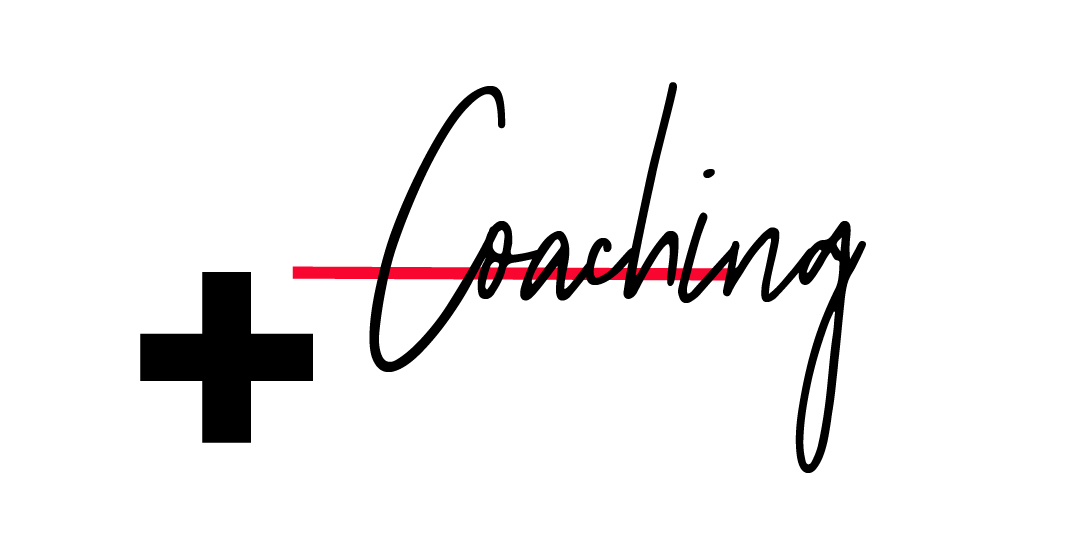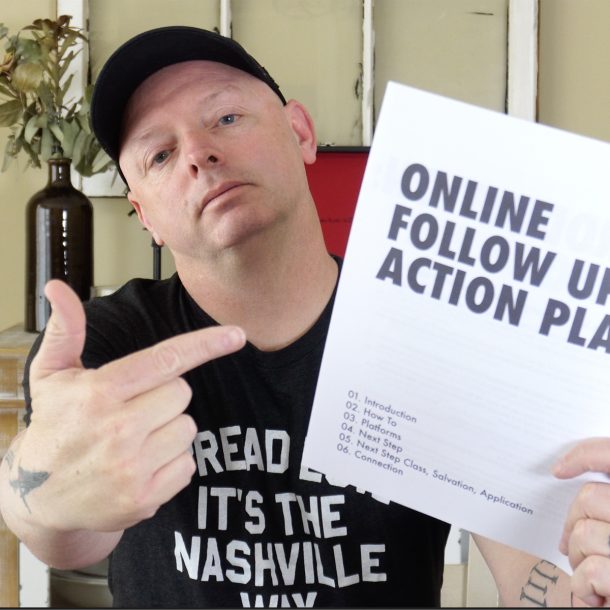“Practice is the hardest part of learning, and training is the essence of transformation.” ― Ann Voskamp
Practice is not easy. Training is hard. Both of these places, however, are where we work out the kinks and quirks of our talent. Practice and training allows us to refine and develop our skills when opportunity knocks. See, creativity is a muscle – and when we don’t exercise our muscles, they can’t grow. Practicing and training our creativity is not important, it’s necessary if we plan on growing and getting better.
- Remember the importance of practice. – If we don’t place a value on practicing creativity, our lives will not allow us the space to practice. Today we might get asked what we’ve done or what we’re doing to make things better; how we’re being productive or what meetings we’re attending. But no one is going to check in on us and ask us what we’ve created today. Plan on practicing and make it part of the schedule.
- What we reward, we reinforce – If we want to have good practice habits in our teams, we have to reward the healthy practice habits and correct what we’re not doing to help us get better. Unwanted actions should not be reinforced. Take the time to coach through these moments so practicing makes us better. When we reward practicing habits, it makes the process of practicing enjoyable. The goal of practicing is to make us better, not angry.
- Start with the accessible – Practicing reinforces the fundamentals. Start with the small things – the things that are fundamental to our creative process – and practice them. When we start with the accessible, it prepares us for the difficult.
- Set goals – Having goals helps us quantify what we are practicing. When we have goals, it helps us measure if we’re getting better or regressing creatively.
- Alter environments – Change something. Place, time, mood, sound, lighting, rooms…changing our environment when we practice creative exercises helps us get better and be more inspired. Don’t underestimate the major impact this tiny step makes.
- Watch the clock – Practice intentionally at a certain time and, initially, for a certain duration. Watching the clock help us to make sure we are practicing often and long enough.
- Stay coachable and coach others – Trainers help people practice the right things and the correct form. When we stay coachable, we leave ourselves open to the opportunity of growth. Along the way, we’ll bump into other artists who can benefit from the experience we’ve had. Be willing to share – and share freely. It makes us better, makes them better, and makes art better.
What do you do to intentionally practice to improve your skills?





This is one of those nuggets that we need to have in our weekly notification cue. My old high school choir teacher used to tell us to “practice at performance level”. He didn’t want us think excellence was a switch to flip on or a moment in time but rather a mindset…lifestyle…and approach to whatever we do. Gotta cultivate that 24/7 hustle.
Thanks Jon. Glad it connected.